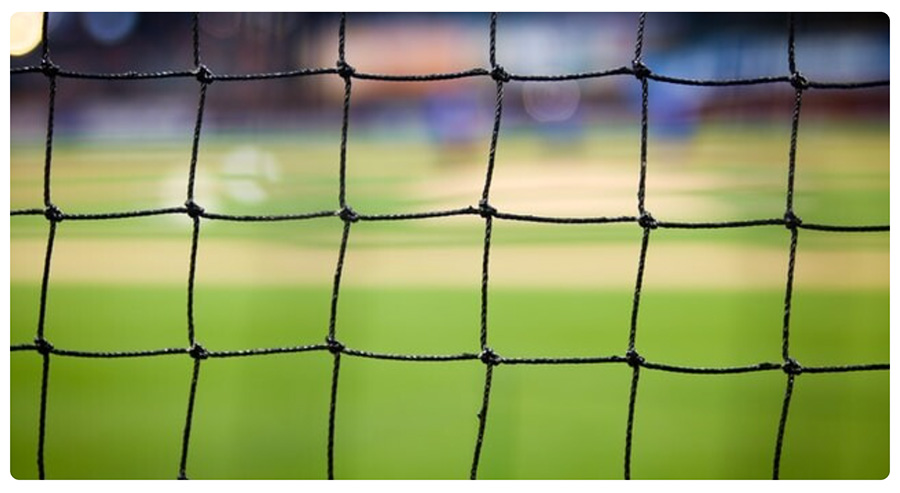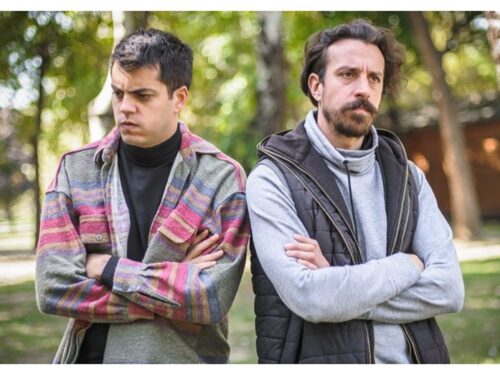
During the 1950’s, 60’s and 70’s, my father was well-known as a sportswriter, radio, and TV commentator who was very comfortable expressing his heartfelt opinions in public. In general, he stayed positive; waxing poetic on the powerful beauty of a well-executed football or hockey play, the importance of the Olympic movement to global cooperation, and how tennis was rapidly changing for the better at the beginning of the “Open” era.
But one thing he was particularly negative about was women’s tennis. Like many men of his era, my dad was a sexist who was convinced that women’s sports – especially tennis – just couldn’t come anywhere close to being as compelling nor as important as the men’s game. Even when Chris Everett, Francois Durr, and Martina Navratilova started amping up their play and attracting serious crowds and admiration, he’d dismiss women’s professional tennis as a sideshow, something unworthy of his respect.
Sadly, my father died just before the somewhat derisive term “Big Babe Tennis,” was coined by Mary Carillo to describe Mary Pierce, the Williams sisters and many other superstars who had started hitting the ball hard and fast and playing intense on-court battles that got fans on their feet screaming, just like they did for the men. But I’d like to think that if he were alive today, pops would have eventually changed his tune to one of respect for what women’s tennis has become, especially now since the women’s matches in all of the grand slam tournaments often draw as big or bigger crowds and feature the exact same prize money that the men had been getting for years. (Wimbledon was last in this regard, in 2007).
I’d like to believe that had he lived ten to twenty years longer, that my dad would have gained genuine respect for all women’s professional sports, including hockey, basketball and perhaps most importantly, soccer. Why soccer? Well, in case you’ve been living under a pandemic and Ukraine-war weighted rock these last few weeks, you should know that back in late February, just before Women’s History Month in March of 2022, US Women’s Soccer settled a massive lawsuit with the US Soccer Federation, finally winning equal pay for women in a sport where men typically were paid 5-10 times more. In essence, women’s professional soccer in the US is now finally getting the respect (in terms of money) that it has long deserved.
But that doesn’t mean it’s all good with women’s professional sports. Sadly, there’s still plenty of pay disparity, misogyny and hypocrisy about female athletes hanging around. According to a 2021 study of the gender pay gap between men’s and women’s professional sports conducted by Adelphi University, female athletes in the top five most popular sports consistently make less, sometimes significantly far less, than men. And, even though the Women’s National Soccer Team has won more World Cups than the men’s team, and lately have generated higher revenues for the US federation than the men, they were still paid far less until just a few months ago.
Also, let’s consider the abhorrent behavior of top-ranked Alexander Zverev who earlier this month furiously smashed his racket on the umpire’s chair – with the umpire still in it! – after losing a doubles match. Although he was ejected from the tournament and fined $40K, many players said his punishment, given the violence of the attack, was inadequate. Indeed, one of the greatest (if not the greatest) women tennis players of all time – Serena Williams – made a valid point when she commented “I would probably been in jail if I’d done that. Like – literally, no joke.” In short: women athletes are still often treated differently, and sometimes judged more harshly, than men.
So, yes, as the old Virginia Slims cigarette commercials used to say (I’m dating myself here), when it comes to respect for women’s sports, we most definitely have, “come a long way, baby.” But there’s no question that we’ve still got a long way to go.
So, as a reminder during Women’s History Month, let’s all choose not to be like my dad back in his day. Instead, let’s give women, and women’s sports, the respect they have for so long earned and deserve.




